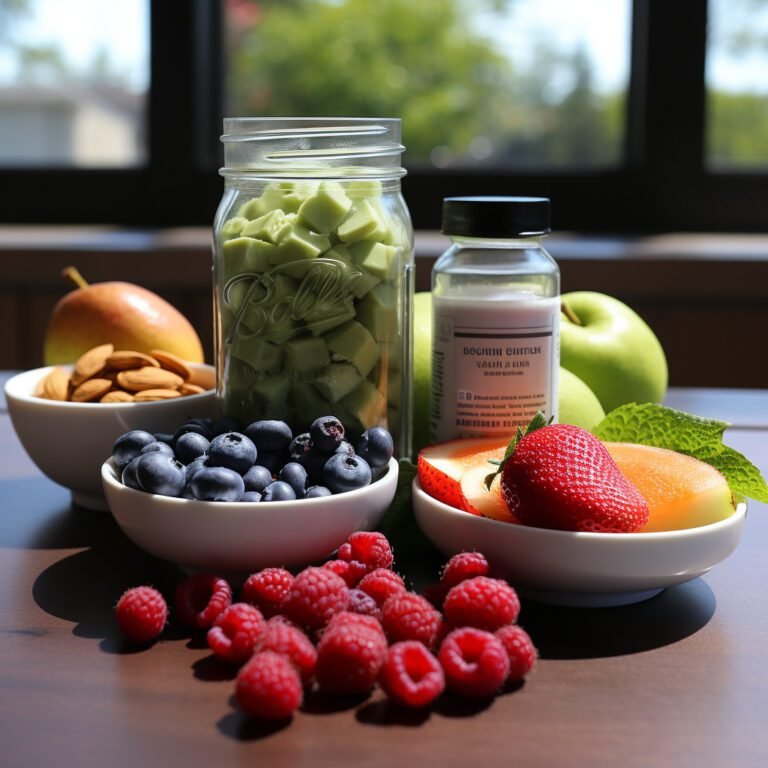Food as Medicine: Exploring the Healing Properties of Functional Foods
Introduction to Functional Foods
The world of culinary delights is not just a realm of taste, but also a treasure trove of health benefits. I am here to bring you the benefits of functional foods. These are not your everyday groceries, but a special category of foods that offer specific health benefits – often referred to as ‘Food as Medicine’.
Understanding Functional Foods
Functional foods are those that have a potentially positive effect on health beyond basic nutrition. They promote optimal health and help reduce the risk of disease. The concept of functional foods originates from Japan in the 1980s. It’s about time we all understand the importance of these foods and incorporate them into our daily diets.
Some examples of functional foods include whole foods such as fruits, vegetables, grains, dairy, and lean meats, which are naturally rich in beneficial compounds. Then we have fortified, enriched or enhanced foods like cereals fortified with folic acid or milk enriched with Vitamin D.
Exploring the Healing Properties of Functional Foods
Functional foods have various healing properties, thanks to their rich content of vitamins, minerals, antioxidants, and dietary fiber. Here’s how some of them work:
- Antioxidants: Foods rich in antioxidants like berries, dark chocolate, and spinach help in fighting free radicals in the body, thus reducing the risk of chronic diseases.
- Probiotics: Foods like yogurt and other fermented products contain probiotics that aid in maintaining gut health.
- Vitamins and Minerals: Foods like fruits, vegetables, and lean meats are packed with essential vitamins and minerals that help in boosting immunity, improving skin health, and enhancing overall wellbeing.
- Dietary Fiber: Whole grains, nuts, and seeds are rich in dietary fiber which aids in digestion and helps in controlling blood sugar levels.
Integrating Functional Foods into Your Diet
Integrating functional foods into your diet is not as challenging as it sounds. Start with small steps such as swapping your regular pasta with whole grain pasta or replacing your afternoon snack with a bowl of fresh fruits. You can also experiment with your cooking by adding new herbs and spices, which are also functional foods, to your dishes.
Remember, the key to a healthy diet is balance. So, while you focus on adding functional foods to your diet, don’t exclude other food groups. A well-rounded diet, coupled with regular exercise, is the secret to good health.
In conclusion, functional foods are a simple and effective way to enhance your health. They offer numerous health benefits and add variety to your diet. So, the next time you’re grocery shopping, make sure to add some functional foods to your cart!
I hope this piece enlightens you about the importance of functional foods. After all, they say, “You are what you eat”. So why not eat your way to good health?
Disclaimer: Always consult with a healthcare practitioner before making any changes to your diet or nutrition program.






